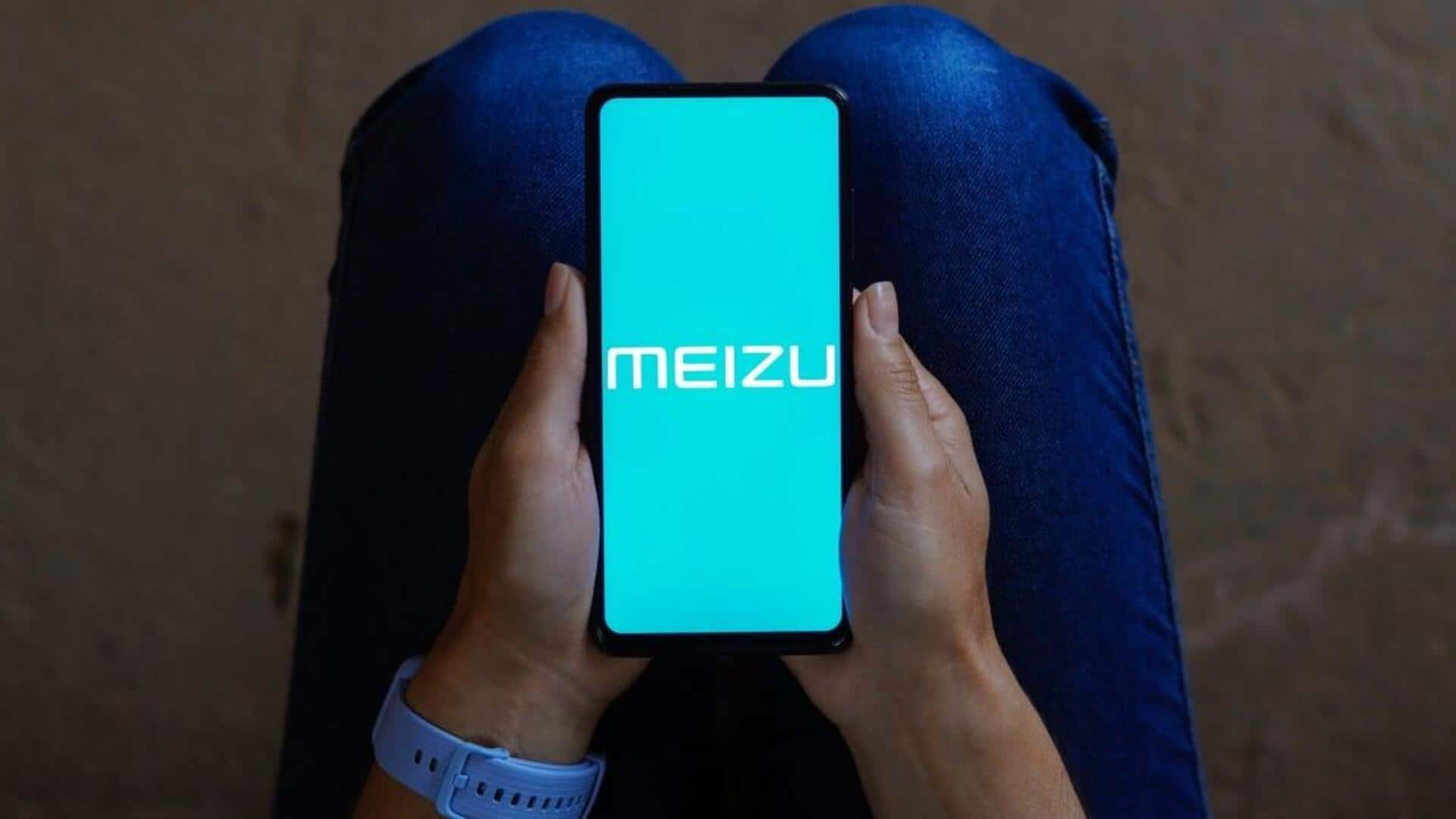
OPPO, Meizu embrace AI integration in their handsets: Here's why
What's the story
Meizu and OPPO are ramping up efforts to incorporate generative AI technology into their handsets, expecting a market rebound in 2024.
Meizu, bought by Zhejiang Geely Holding Group in 2022, revealed plans to halt traditional smartphone projects and focus on an "all in AI" approach for the next three years.
Meanwhile, OPPO ranked as the world's fourth-largest smartphone seller in 2023, has announced the beginning of its "AI phone era."
Emphasis
Meizu's focus on AI and LLMs
Meizu aims to create devices and a tailored mobile operating system, compatible with major language models (LLMs) like Microsoft-backed OpenAI's ChatGPT.
The company shared, "Meizu will build an ecosystem to fully open its AI devices to leading global LLM providers, including OpenAI, to jointly promote AI innovation and development."
This decision is a response to an extended smartphone upgrade cycle and increased industry rivalry.
Steps
OPPO's efforts and industry outlook
OPPO's CEO Tony Chen Mingyong stated, "The new wave of AI technology is restructuring the future of the mobile phone industry. The impact of AI on the handset industry over the next five years is comparable to when smartphones replaced feature phones."
OPPO is investing more in AI and has set up a dedicated AI center.
Counterpoint Research forecasts that global shipments of generative AI-backed smartphones will surpass 100 million units in 2024, and grow to 552 million by 2027.
Reason
Why GenAI handsets are necessary?
Counterpoint has also described what makes GenAI handsets special.
It claims that these devices utilize generative AI technology to make original content, instead of just "providing preprogrammed responses or performing predefined tasks."
Also, such smartphones run AI models natively.
The introduction of GenAI devices comes at a time when smartphone shipments worldwide, have declined 3.2% YoY to 1.17 billion units in 2023.
This marks the lowest full-year sales volume in 10 years.